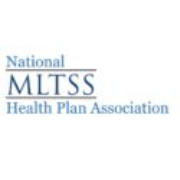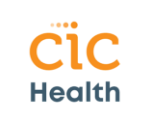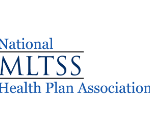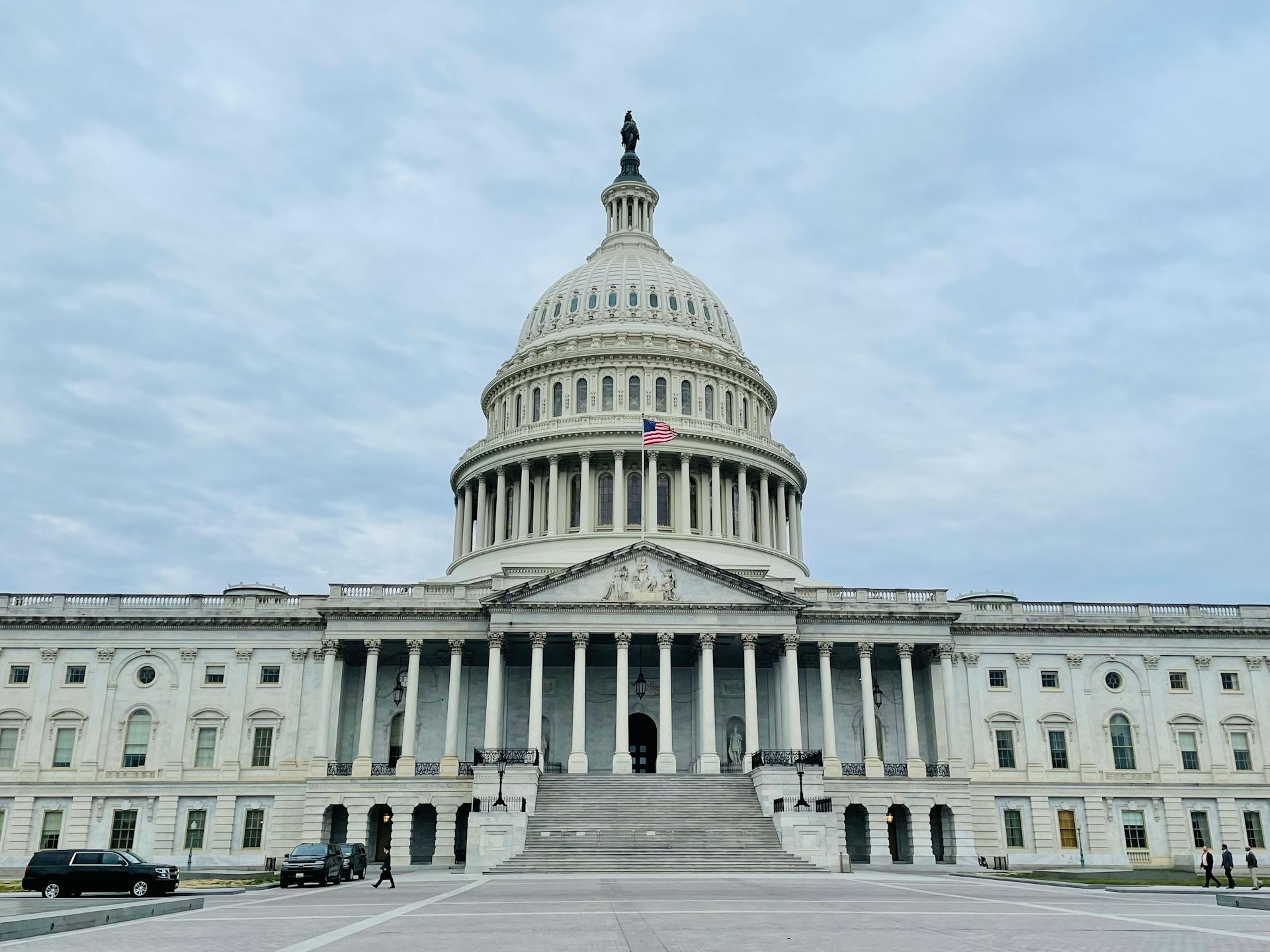Expertise.
Advocacy.
Results.
We are a leading lobbying firm in Washington, DC, specializing in Government Relations Strategy, Direct Advocacy, and Stakeholder Engagement. Our approach combines expertise and creativity, positioning us as a top choice for effective lobbying in the heart of the nation’s capital.
What we do
Our Core Services
Direct Advocacy
Lobbying | Congress, White House, Agencies | Profile Building

Strategy
Influence | Advocacy Campaigns | Insight and Intelligence

Message Development
Persuasive Communication | Thought Leadership

Government Relations
PAC Giving | PAC Growth | Event Hosting

Policy Development
Legislative, Regulatory Analysis | Comment Letters, Testimony | Positioning

Stakeholder Engagement
Coalition Building | Grassroots, Grasstops Strategy | Fly-Ins

Political Engagement
PAC Giving | PAC Growth | Event Hosting

Policy Development
Legislative, Regulatory Analysis | Comment Letters, Testimony | Positioning

Stakeholder Engagement
Coalition Building | Grassroots, Grasstops Strategy | Fly-Ins
What we do
Our Core Services.
RECENT CASE STUDY
Initial rejection doesn't equal surrender.
RECENT CASE STUDY
Initial rejection doesn't equal surrender.
Initial
Setback
- Embrace resilience and persistence
- Recognize obstacles as temporary challenges
Identifying The Challenge
An innovative health care services company confronted barriers in acquiring essential funding due to a CMS policy.
- Policy at the CMS Innovation Center
- Hindrance in unlocking federal funding
- Requirement: Regulatory strategy, relationships, and message clarity
Our Proactive Approach
Leveraging our expertise, we engaged directly with CMMI, identified misunderstandings, and crafted a dual strategy to bridge the communication gap.
- Consulted with CMMI to clarify proposal details
- Engaged a parallel CMS group to validate client’s credentials
- Initiated high-level discussions for a fresh perspective
Triumphant Outcome
Our targeted strategies ensured the company met the CMMI criteria, secured a significant bid, and harnessed federal funds to revolutionize community healthcare
- Won 10 slots in the competitive bid
- Accessed critical federal investment
- Enhanced healthcare quality and saved Medicare significant funds
Initial
Setback
- Embrace resilience and persistence
- Recognize obstacles as temporary challenges
Identifying the
Challenge
An innovative health care services company confronted barriers in acquiring essential funding due to a CMS policy.
- Policy at the CMS Innovation Center
- Hindrance in unlocking federal funding
- Requirement: Regulatory strategy, relationships, and message clarity
Our Proactive
Approach
Leveraging our expertise, we engaged directly with CMMI, identified misunderstandings, and crafted a dual strategy to bridge the communication gap.
- Consulted with CMMI to clarify proposal details
- Engaged a parallel CMS group to validate client’s credentials
- Initiated high-level discussions for a fresh perspective
Triumphant
Outcome
Our targeted strategies ensured the company met the CMMI criteria, secured a significant bid, and harnessed federal funds to revolutionize community healthcare
- Won 10 slots in the competitive bid
- Accessed critical federal investment
- Enhanced healthcare quality and saved Medicare significant funds
RECENT CASE STUDY
Initial rejection doesn't equal surrender.
Initial Setback
- Embrace resilience and persistence
- Recognize obstacles as temporary challenges
Identifying the Challenge
An innovative health care services company confronted barriers in acquiring essential funding due to a CMS policy.
- Policy at the CMS Innovation Center
- Hindrance in unlocking federal funding
- Requirement: Regulatory strategy, relationships, and message clarity
Our Proactive Approach
Leveraging our expertise, we engaged directly with CMMI, identified misunderstandings, and crafted a dual strategy to bridge the communication gap.
- Consulted with CMMI to clarify proposal details
- Engaged a parallel CMS group to validate client’s credentials
- Initiated high-level discussions for a fresh perspective
Triumphant Outcome
Our targeted strategies ensured the company met the CMMI criteria, secured a significant bid, and harnessed federal funds to revolutionize community healthcare
- Won 10 slots in the competitive bid
- Accessed critical federal investment
- Enhanced healthcare quality and saved Medicare significant funds
Initial Setback
- Embrace resilience and persistence
- Recognize obstacles as temporary challenges
Identifying the Challenge
An innovative health care services company confronted barriers in acquiring essential funding due to a CMS policy.
- Policy at the CMS Innovation Center
- Hindrance in unlocking federal funding
- Requirement: Regulatory strategy, relationships, and message clarity
Our Proactive Approach
Leveraging our expertise, we engaged directly with CMMI, identified misunderstandings, and crafted a dual strategy to bridge the communication gap.
- Consulted with CMMI to clarify proposal details
- Engaged a parallel CMS group to validate client’s credentials
- Initiated high-level discussions for a fresh perspective
Triumphant Outcome
Our targeted strategies ensured the company met the CMMI criteria, secured a significant bid, and harnessed federal funds to revolutionize community healthcare
- Won 10 slots in the competitive bid
- Accessed critical federal investment
- Enhanced healthcare quality and saved Medicare significant funds
Coalition of health care providers
Resourceful

Health care services company
Persistent

Trade Association
Effective

Medical device manufacturer
Creative

our works
Case Study
Magni iste pede asperiores esse bibendum, voluptatem viverra libero blandit, ab mi! Ipsa, rem voluptas augue tempore dicta. Accusantium montes fuga, harum. Dolor velit sapien dis pariatur autem?

Effective
When you invest in Washington, you want a firm to get the job done

Resourceful
It’s not enough to want to be a thought leader

Persistent
Just because you get a “no” at first doesn’t mean you give up

Creative
Finding a way to “yes” can take some imagination and hard work






















Chamber Hill Strategies consulting serves the policy and strategy needs of a wide array of renowned companies and associations across the country. As a leading lobbying firm in Washington, DC, our expertise and influence are reflected in the success of our clients.
Here is a sample of our clients:

























